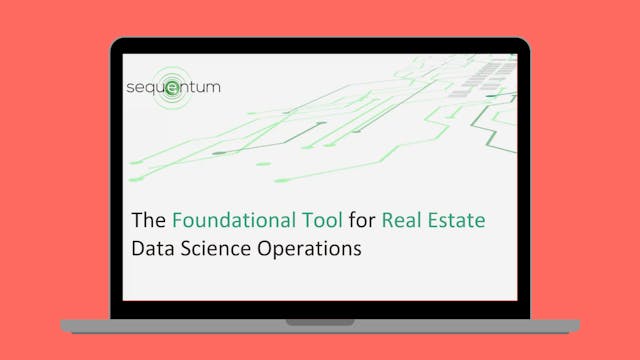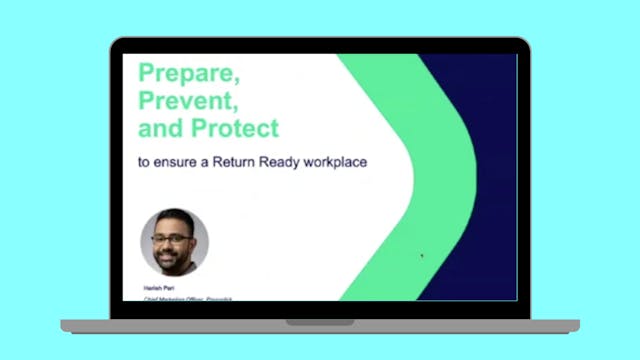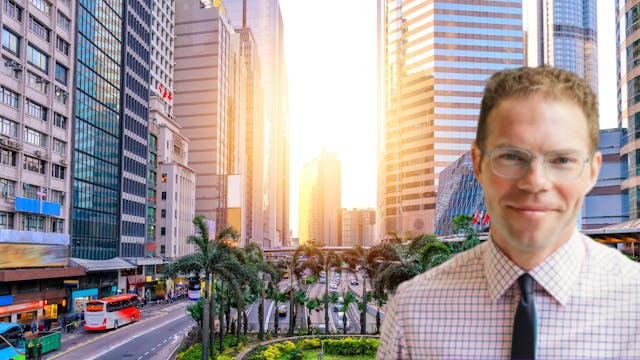Globally, CRE business leaders are rethinking operations to meet new safety standards for occupants due to COVID-19. However, these specifications risk exponential energy usage by an industry with an already significant environmental footprint. The impacts of climate change are glaring, and the CRE industry is working diligently to address its carbon footprint. This session will explore how JLL and the partner ecosystem are focusing on sustainability, wellness and safety with the help of CRE technology, offering global perspectives and key learnings to help reduce the environmental impact of the world’s buildings.
Up Next in Sustainability Summit
-
Taming Data: Using Alternative Data t...
Learn how Sequentum can pull together data from a variety of data sources to provide a complete picture of the relationship between sustainability and valuation as well as how alternative data can be used to augment valuation models and identify trends.
-
Unify your People Flows with Proxyclick
In today’s transforming work environment, having the all-in-one ability to track employees, visitors and contractors entering your locations, comply with health regulations around essential occupants, and rely on accurate and secure data is not just a nice-to-have, but must-have. Particularly nec...
-
CREtech Talk: New Models of Urban Sus...
Greg Lindsay, Director of Research at NewCities, outlines how we can adapt and react to a post-COVID world while tackling climate change. Greg challenges us to think about how we build a sustainable future by examining proximity, urban design and the use of technology.



